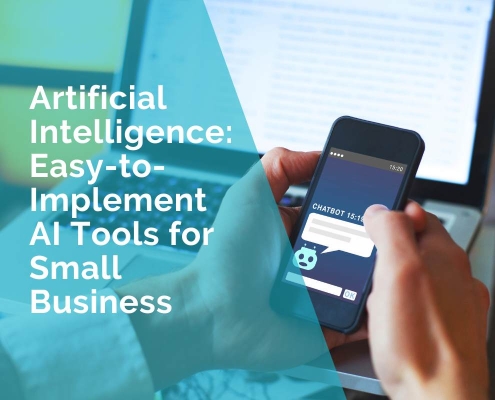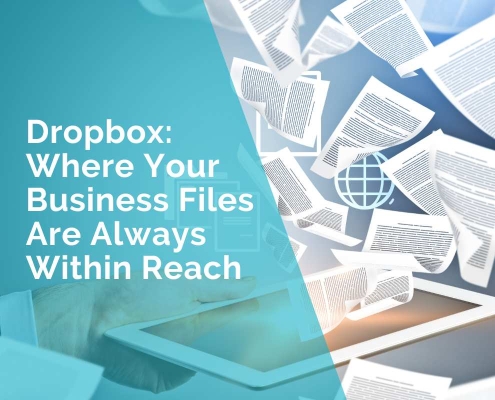What to Look for in a Reliable Data Collection Provider
An AI model’s potential is shaped by the data it’s exposed to in training. Selecting the right data collection provider is key for creating AI solutions that work well in real life. Bad data contributes to unfair models, mistaken forecasts, and resource depletion.
Not every vendor delivers equal levels of reliability, safety, or expandability. Some companies specialize in industry-specific data collection methods, while others present more generic frameworks. This guide shows what to find in a data collection provider. It covers best practices, possible pitfalls, and tips to help you choose wisely.
Why Data Collection Quality Matters
Bad data leads to bad AI. Without accurate and diverse datasets, even the best models can’t give reliable results.
How Poor Data Affects AI Models
AI models need accurate data to work properly. If the data is incomplete, inconsistent, or mislabeled, the model gives unreliable results. Problems such as repeated entries or absent information can result in flawed choices and expensive errors.
The Risks of Biased or Incomplete Data
Bias in data collection can make AI models unfair. In areas like hiring, healthcare, and fraud detection, this leads to serious problems. A reliable provider ensures diverse, well-balanced data to reduce these risks.
How Bad Data Hurts Your Business
Low-quality data collection methods don’t just weaken AI—they cost money. Businesses using faulty data may face:
- Fines for non-compliance
- Extra costs to retrain AI models
- Lost customer trust due to inaccurate results
Choosing a reputable provider of data collection services helps you avoid these problems. They deliver accurate, diverse, and legally compliant datasets to keep your AI on track.
Key Factors to Evaluate When Selecting a Data Collection Vendor
Not all data providers are equal. To get the best results, you need a provider that meets high standards in accuracy, compliance, security, and scalability.
Data Quality and Accuracy
The performance of AI is determined by the data it works with. A reliable provider should:
- Validate data for accuracy, completeness, and consistency
- Use automated and manual checks to remove errors
- Offer real-world examples of their data collection methods to show reliability
Red flags include vague quality control measures, missing validation steps, and a lack of transparency on data sources.
Industry-Specific Expertise
Not all data providers understand the needs of different industries. Choose one that has:
- Experience in your field (e.g., healthcare, finance, retail)
- A track record of handing over impactful and fitting data
- Knowledge of regulatory frameworks and industry mandates
A provider familiar with your industry ensures your AI model gets the right kind of data, not just a generic dataset.
Compliance and Ethical Standards
Data privacy laws like GDPR and CCPA require precise control over sensitive info. Look for a provider that:
- Follows strict compliance guidelines
- Clearly states how data is sourced and processed
- Uses consent-based data collection tools to avoid legal risks
Ignoring compliance can lead to fines, lawsuits, or even AI model failures due to restricted data use.
Data Diversity and Bias Control
Bias in datasets can create serious problems in AI applications. A provider should:
- Collect data from diverse sources
- Test datasets for hidden biases
- Adjust data to ensure fair representation
A lack of diversity in types of data collection can make AI models unreliable and unfair.
Scalability and Flexibility
Your AI project’s data needs may grow. A good provider should:
- Process big data smoothly and efficiently
- Adapt to new data requirements
- Offer data collection form for every use case
Flexible providers streamline efforts and avoid expensive shifts to new platforms down the road.
Data Security and Confidentiality
Sensitive data must be protected. Ensure the provider:
- Implements secure coding for data retention and transfers
- Permits entry solely to verified users
- Offers well-defined rules about who owns data and how it’s utilized
Poor security measures could threaten your organization and expose AI to potential breaches.
Integration with AI Workflows
Data should fit seamlessly into your AI pipeline. Look for:
- Compatibility with existing tools and formats
- Support for automation and APIs
- Efficient data labeling and structuring
A provider that integrates well with your systems reduces processing time and improves model performance.
Vendor Reputation and Reliability
A provider’s history speaks volumes. Before signing a contract, check if they have a strong track record of delivering high-quality data.
Proven Track Record
A company’s past performance indicates its reliability. Before you decide, assess::
- Case studies and real-world results from past clients
- Testimonials from businesses in your industry
- Third-party reviews and ratings on independent platforms
Be cautious if a provider lacks references or avoids sharing client experiences. A strong background confirms their skill in handling detailed data collection tasks.
Support and Communication
Reliable support is essential, especially when handling large datasets. A good provider should offer:
- Clear communication on project timelines and updates
- Dedicated support teams for troubleshooting
- Quick response times for data-related issues
Poor communication leads to delays, errors, and wasted time. If a provider isn’t responsive during the evaluation phase, expect the same problems later.
Making the Right Choice
Asking the right questions helps you avoid costly mistakes. Before committing, make sure the provider meets all essential criteria.
Questions to Ask Potential Providers
Before committing, ask:
- How do you guarantee the precision and thoroughness of your data?
- What techniques do you employ for gathering data?
- How do you handle compliance with GDPR, CCPA, and other regulations?
- Can you provide references or case studies?
- How do you prevent bias in data collection?
- What security measures protect sensitive data?
- How scalable is your solution if our needs grow?
A reliable provider should answer these questions clearly and confidently.
Key Takeaways Before Signing a Contract
Before signing a contract, verify the provider’s industry experience, compliance, and security policies. Ensure their data quality measures align with your AI needs and confirm they can scale and integrate with your workflows. Test their communication and support responsiveness.
When to Switch Providers
Consider switching providers if you face frequent errors, incomplete data, slow response times, poor support, or a lack of transparency in sourcing and compliance. If your data doesn’t fit your AI models’ needs, a better provider can streamline development and improve efficiency.
Final Thoughts
Picking the best data collection partner ensures your AI systems are accurate, equitable, and aligned with standards. Poor data leads to unreliable results, wasted resources, and legal risks. Evaluating providers based on quality, compliance, scalability, and support helps you avoid costly mistakes.
Investing in a trusted partner for data collection services sets the foundation for AI success. The right provider delivers high-quality, secure, and well-structured data—giving your AI models the best chance to perform reliably.
***
Andrii












